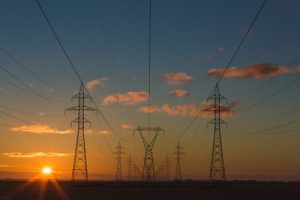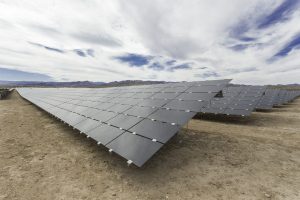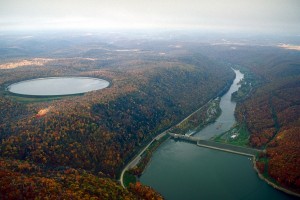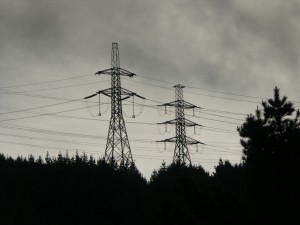5 item(s) were returned.
Senior Scientist
UFA Ventures, Inc.
In the United States, public debates surrounding energy policy focus on generation, carbon emissions, and cost. But all is for naught if the energy infrastructure that carries power isn’t appropriate for the changing energy mix or can’t keep up because it’s crumbling. With new technologies rising faster than sea level on a hot planet, the United States is in the midst of the biggest energy boom in 60 years. We have more natural gas, coal, and uranium than we need for several hundred years; new and better solar cells; new biofuel technologies to replace ethanol; and even more oil than… [more]
View InsightThis week, a total solar eclipse crossed the United States for the first time in nearly a century. The eclipse dimmed the sun for several hours, leaving utilities questioning the impact on solar power generation and whether grids are prepared to handle state policies mandating a greater renewable energy mix. As solar output plunged along the route of totality, grid operators and utilities were forced to manage the drop by bringing on greater amounts of natural gas and hydro. Those states with high solar producing capacity, such as California and North Carolina, were significantly impacted by the path of the… [more]
View InsightPublisher
Atomic Insights LLC
In 2015, Mark Z. Jacobson released a report claiming via modeling that 100% of the energy – not just the electricity – needed by the U.S. could be reliably provided at a reasonably low cost by a mixture of wind, water and solar energy. Jacobson’s paper, Low-Cost Solution to the Grid Reliability Problem with 100% Penetration of Intermittent Wind, Water, and Solar for All Purposes, was recently challenged when the Proceedings of the National Academy of Sciences published a paper titled Evaluation of A Proposal for Reliable Low-Cost Grid Power with 100% Wind, Water, and Solar. The new paper, developed… [more]
View InsightPresident
Clean Energy Development, LLC
Pumped storage hydro (PSH) has provided the U.S. with greater capacity for energy storage and grid reliability since the 1920s, although not to its full potential. The capabilities of PSH could be realized as a result of freshly passed energy legislation in the Senate. If S.2012 is signed into law, it would direct the Federal Energy Regulatory Commission to “identify and determine the market, procurement, and cost recovery mechanisms that would encourage development of PSH; and properly compensate those assets for the full range of services provided to the power grid.” The Department of Energy (DOE) agrees, and recently recognized… [more]
View InsightChair, Energy & Commerce Subcommittee on Environment & Climate Change, U.S. House of Representatives
Co-Chair, Sustainable Energy & Environment Coalition
On a hot day in August 2003, a stretched transmission line tripped after dipping into an overgrown tree in Ohio. Soon after, multiple transmission lines nearby also tripped beginning what would become the second-largest blackout at that time in history, impacting eight Northeastern states and Southern Canada. Since this massive blackout and concerns about grid reliability, power generation in the United States has changed dramatically both in form and quantity. In 2005, Congress recognized the need for mandatory grid reliability standards and expanded the Federal Energy Regulatory Commission’s (FERC) authority to regulate the bulk power system. However, despite FERC’s efforts… [more]
View Insight



